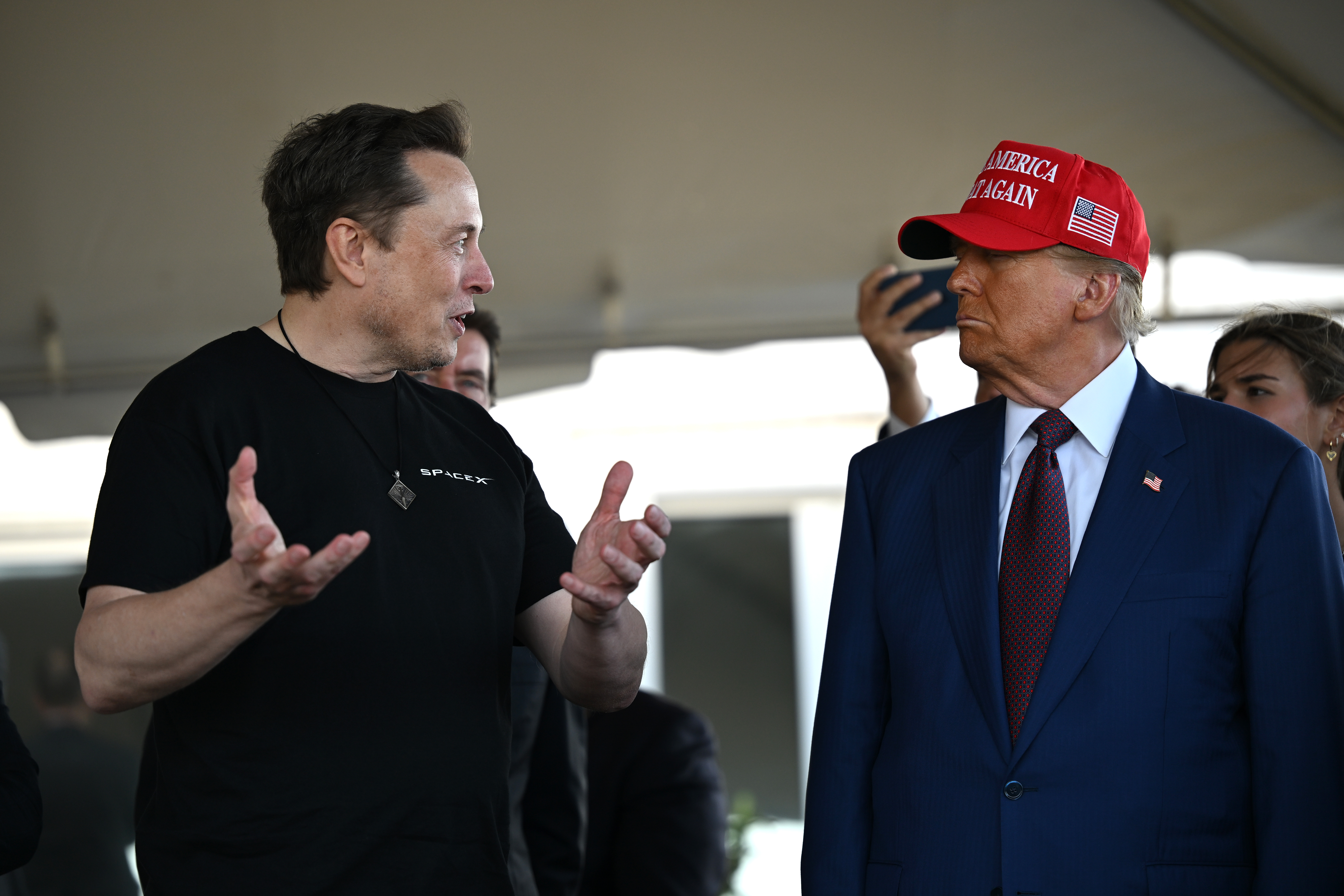
www.theamericanconservative.com
Neither Ukraine Nor Russia Want to Stop the War
Foreign Affairs
Neither Ukraine Nor Russia Want to Stop the War
Walking away remains the best option ahead for the current U.S. administration.
Credit: Ministry of Defense Ukraine
In April 2022, the U.S. and Ukraine were on a routine intelligence-sharing call. The U.S. notified the Ukrainians that Russian capital ships, including the flagship of Russia’s Black Sea fleet, a heavy cruiser named the Moskva, the first of its class, were hulking menacingly along the Odessa coastline. The Ukrainians hastily said thank you and bailed out of the call.
The next news, according to the New York Times, left the Biden administration angry and almost in a state of panic. Moskva was sunk by two sea-hugging Neptune missiles. “The Biden administration also didn’t want Ukraine to attack ‘a potent symbol of Russian power,’ highlighting the delicate balance Washington has maintained since the war’s outset—arming Kyiv while trying to avert a broader confrontation with Moscow,” per the report. Any chance of negotiation with Russia was gone.
Two years on, the dynamic remains similar. A day before the peace delegations were supposed to meet in Istanbul, the Ukrainians did one of the most daring special-ops in the history of modern warfare. Truck-borne small drone swarms attacked the Russian strategic bomber fleet deep in Russia. The news is fluid, but what we know so far suggests that this operation was apparently planned for over a year. The Ukrainians did not involve the Americans in planning, nor did they inform Americans before the attack. The timing was primed for a day ahead of the talks, thereby destroying the chances of any negotiation by obvious implication.
By all means, this was an impressive operation. The logistical challenges alone would be enough to marvel. Getting trucks of swarm weapons inside Russia, avoiding the Russian intel, border, and security net, stalking the Russian strategic bomber fleet (which isn’t static, but moves from base to base), analyzing satellite data, destroying a symbolic, if not preponderant, chunk of Russian second-strike options (the current estimate is 11 long-range bombers), and then destroying the trucks through remote detonation: This was no small feat.
It seems plausible that the Ukrainians had satellite operational data from some Western country, if not from the U.S.; open-source tracking tools generally operate on a lag and do not provide accurate real-time data. If the U.S. knew about this op, then that means it is a cobelligerent in this operation. If the U.S. didn’t, then the American administration just received a slap to the face for all its help to Ukraine. Notably, there were no official comments from either the U.S. or Russia on this operation. Both sides seem to know how much of the talks are at stake, and how many stakeholders want to scuttle those talks.
It is best left to better minds than me to analyze whether the operations were strategically successful. Jennifer Kavanagh, for example, rightly falls on the pessimist side:
Coming on the eve of peace talks, Donald Trump—who was reportedly not warned ahead of time—is likely to see the attack as a direct violation of his demands that both sides find a way to end the war. Washington will be spooked by Ukraine’s willingness to target a piece of Russia’s nuclear triad without consultation, given the risks of nuclear escalation such a decision brings with it. Any Ukrainian victory will be Pyrrhic, however. The loss of some of its strategic long-range bombers, if confirmed, would undoubtedly be a blow to Russia’s military force and will be especially concerning to Moscow given the role the aircraft play in the country’s nuclear deterrent. But the costs imposed by Ukraine’s attack will not prevent Russia from continuing its war of attrition on Ukraine’s eastern front, or force it to back off its campaign of drone and missile strikes on Ukrainian cities.
I doubt the Ukrainians did this to inflict a massive blow to Russia. Comparisons to Pearl Harbor among certain excitable media accounts fail on the merits: Imperial Japan’s attack on Pearl Harbor very nearly decapitated the entire Pacific fleet of the U.S. The U.S., in return, nuked Japan at the end of the war. I am not sure either the comparison, or the policy prediction, holds true in this case. A better explanation is that the Ukrainians conducted this op as a show of force and a gambit. The Russians cannot just stop this conflict without a symbolic victory. And the Ukrainians don’t want the conflict to stop and want to scuttle the peace talks. The timing of the strike, the subversive elements, the discretion and lack of communication with the patron state, all points to that conclusion.
Yours truly suggested previously that there’s no better option than walking away from this war. As President Donald Trump said, it is not our war, and as Vice President J.D. Vance and Secretary of State Marco Rubio have both hinted, there’s a limit to how much political capital one should spend on this peripheral conflict. With Ukrainian attacks on Russia’s strategic bombers and Russia’s maximalist demands for a truce, it is more than clear neither side wants the conflict to end. One side, however, is dependent on the U.S. for money, intel, and weapons. Its war aims differ from those of its hegemonic protector.
Ukrainians laudably wish to recover their lands and defend their home. Americans want to avoid a nuclear war with Russia. These are ultimately incompatible strategic instincts and policy ends. The Americans tried to end this, but, as one sage Indian army general said in 2001, “when two wild bulls want to fight, they carry on regardless.” Trump should listen to his own better angels and step out of this hole. There are easier deals to be had with Iran, North Korea, and Greenland; those are how he can establish a legacy.
The post Neither Ukraine Nor Russia Want to Stop the War appeared first on The American Conservative.












 Rumble
Rumble